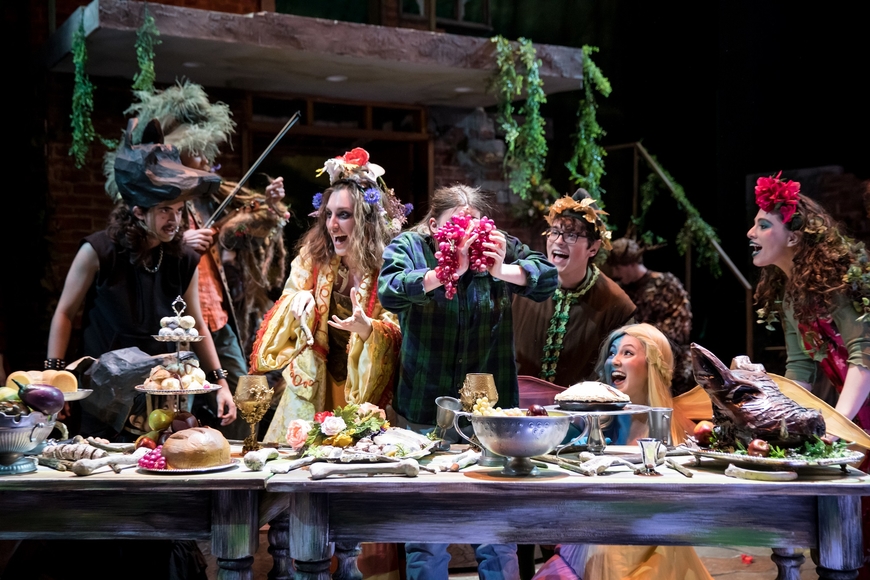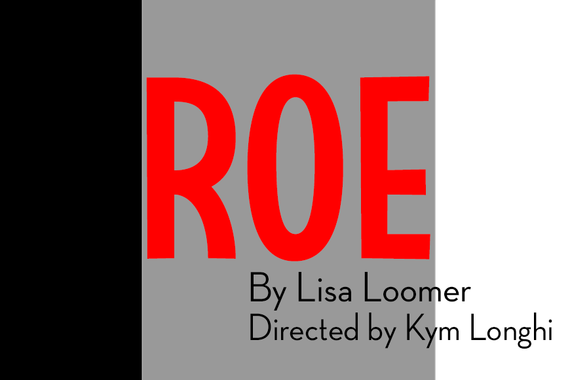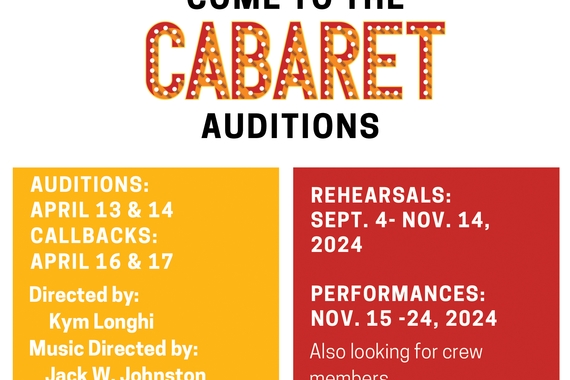Love Letter to Caryl Churchill
The UMN Theatre Arts & Dance Department really seems to love faeries. From ‘A Midsummer Night’s Dream’ two years ago to ‘The Skriker’ this spring, faeries keep creeping into the human world in the Stoll Thrust Theatre. So why faeries again?
It’s simple: two worlds colliding on stage is a powerful and political sight to behold. Whether fictional or real, this intersection provides a unique lens through which the audience can view a unique social problem and possible consequences if the worlds cannot coexist. Playwright Caryl Churchill is infamous for pushing the boundaries of the unknown in theatre, often through staging abuses of power through a postmodern lens. Now in her 80s, one of the most prolific playwrights of the 20th century continues to fascinate Director Lisa Channer, as she takes on one of her most difficult works, ‘The Skriker.’
Why are you directing the Skriker right now?
Lisa Channer: Like many projects I do, this one has been kind of ruminating in me for decades... since I saw the American premiere of the production in New York in 1996. I didn’t understand it fully when I saw it. I loved it, but I didn’t know why, and I couldn’t quite grasp it. But it stayed with me for a lot of years... And the time came.
Right now, we are really at some kind of tipping point culturally, and the youth are really rising up and speaking. And that’s exciting to me… I was born in the 1960s. In the generation of children who were raised by the youth vote that was anti-Vietnam war, and pro-environment, I was a part of the first Earth Day as a kid… The climate change moment is an existential, esoteric threat that it’s impossible to look away from anymore, on a global scale… These just feel so pressing. I haven’t done a play with students that felt so on the nose about the moment in a long time. So, I think that’s propelling me. It’s making it a very deeply satisfying project to work on.
Gracie S: I like that thought of it’s on the nose right now.
LC: Yeah, me too. It’s unbelievable that the themes are right and the language even though it was written in the 90s and we’re still setting it in the 90s, it still feels like a call from the past and a call from the future… The play is living right on the edge of a tipping point.
What do you hope to accomplish with this production?
LC: Well, me? I guess I’ll say something that’s surprising me is how fun it is. It’s actually funny, hysterically funny--not just gallows humor--it’s beyond that. It’s actually genuinely about greed and interpersonal relationships in ways that are hysterical, ...but also I hope audiences can come and be both incredibly moved because it feels so prescient, but also have a really, really good time… I mean, I honestly hope that more people walk away and go ‘wow, I want to read everything by Caryl Churchill now,’ because I think she’s probably the most important playwright, in my opinion, of the 20th century, and she’s still going. She’s 80, she just had a premiere, she’s prolific, I think she’s a genius actually with language. And for me, it’s similar to being tossed inside of a Shakespeare play when I work on that kind of work. It’s so layered, but so sparse at the same time. She’s just a genius… Every word she chooses seems to resonate in a million different directions, so any word has many meanings, and the trick for us as a team is to make sure that all those meanings can stay standing a little bit
GS: You said that the first time you saw the Skriker, you didn’t fully understand it, but you loved it. Are you nervous about that with audiences?
LC: Yeah, I’m laughing about that because I think when you read the play it’s complicated; you need to read it many times to understand, even begin to get it. And then, it’s not until you’re really inside it as an artist that you begin to unlock it. So, my mantra for this production is ‘make it clear. Make it clear. Make it clear,’ you know? The other night, I was talking to a director friend of mine and just getting, you know, we were just chatting and I said, ‘I’m worried that I’m making it too clear. There’s a couple of moments where maybe I’m hitting it a little too obvious,’ and the person knows the play and said, ‘it’s not possible with that play. You have to go for it, go clear. It’ll be the better default in the end,’ and I think they’re right. I think actually that we’re making a play that is oddly coherent. It adds up. But, I don’t know, we’ll see!
So, you’ve never directed a Caryl Churchill, but you’ve been in one?
LC: Yes, I was in one production of Caryl Churchill when I was a college student in Western Massachusetts, at Mount Holyoke College. I wasn’t a student there, but I was a local college student. And that was “Top Girls.” But then I’ve been connected with productions of “Cloud Nine,” and other of her productions, and certainly read, not by any means all of her canon, but a fair amount. So I’ve been one of those sort of fans from afar, and being drawn to her, and also I think for many years a little intimidated, but now I just feel so lucky. I feel lucky. It’s like a gift. She really gives you this gift. I just wish I could meet her. I want to tell her, but she already knows. *Channer laughs* She knows how great she is I’m sure.
GS: Do you have drafted letters to her in your head?
LC: Oh no, I don’t, but that’s a great exercise. I should do that. I should write her a letter. And then mail it or not.
GS: A love letter to Caryl Churchill. That’s great.
Why should people see ‘The Skriker?’
LC: Well, they should come because, first of all, the acting, the design, every single thing that’s happening on stage is really at a very very high level. I’m so impressed by all the work that’s being done. The puppets, all of it. The music. I was thinking this morning how beautiful Wesley’s compositions are. I mean really, it’s an incredibly gifted team. So that’s one reason, just for the pure talent that’s going to be on display. But you should come because this play you-- it’s not like anything you’ll ever see. It really isn’t. It’s short, but it’s dense in the most delightful way.
GS: So this artistically has a lot of inspiration from Hieronymous Bosch?
LC: The work of Bosch is brilliant, obviously. But his fantastical rearranging of parts to make new kinds of creatures, the imagination with which he approached his work, I just love. And he’s recycling, he’s taking what’s around him, and he’s turning it into a fantastical world. The color palette, the imagination, even some structures inside Hieronymous Bosch are what we ended up with for our design.
GS: Are there any other hidden inspirations?
LC: I have done a lot of thinking about, like I said, about youth climate activism. Greta Thunberg, that’s been an inspiration, not just her, there’s a whole range of teenage climate activists right now around the world… Oh, and Meredith Monk’s “The Book of Days” has been inspirational for me.
GS: This Department really seems to like faeries.
LC: *Channer laughs* I know! Which is unusual. Who doesn’t, actually? Because if you think about it, I mean that’s so theatrical.
Is there anything else you want to add about ‘The Skriker?’
LC: Don’t miss it, because Caryl Churchill is the real deal, and it’s rare that this play gets to be produced because it’s big if you do it on the full scale. It’s big, and it’s complicated, and it takes a lot of pieces going together. And at a University, we have the ability to do that. We have a lot of people who can work on something... I mean, it’s just going to be stunning, so it’s a good night out. Also, it’s like going to be 90 minutes. You come in and you can still go out after. *Lisa laughs* It’ll be a lovely little-- it’s so fun. Just come and have fun.


